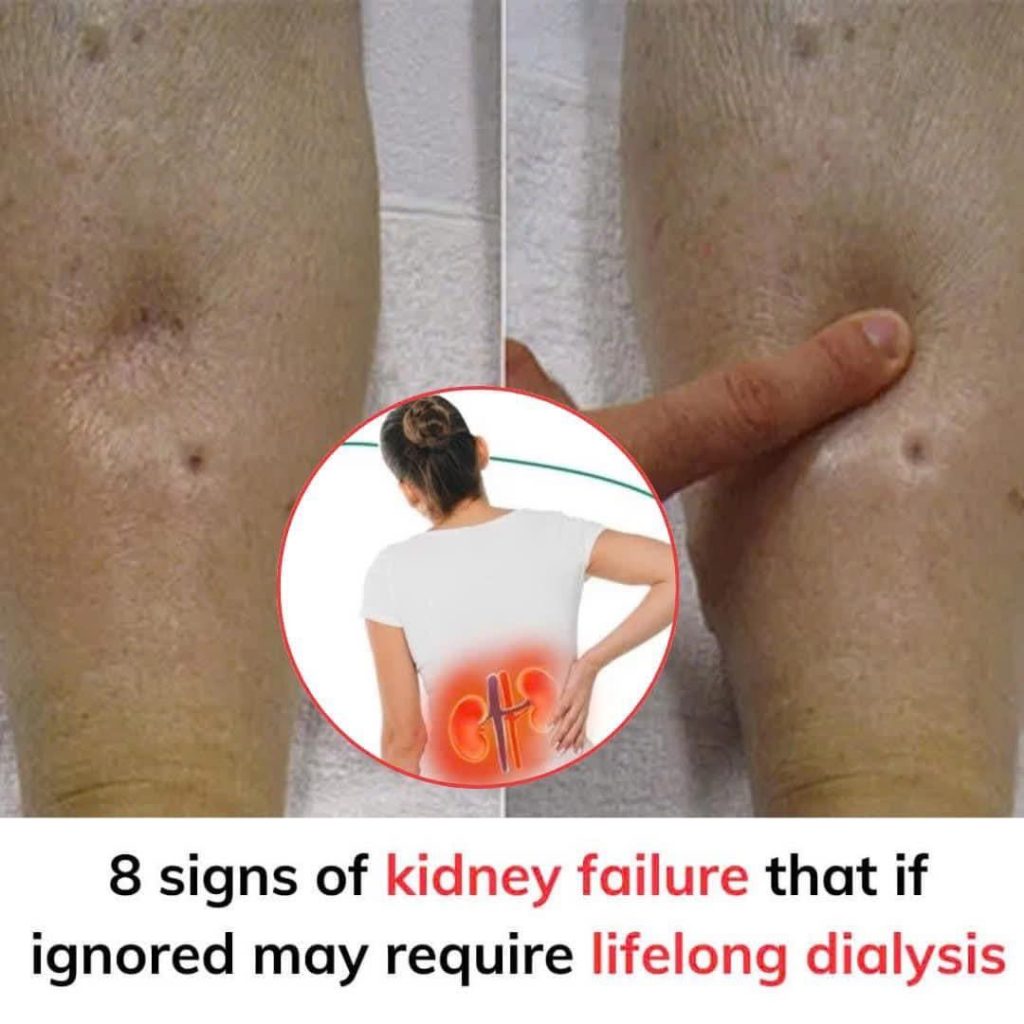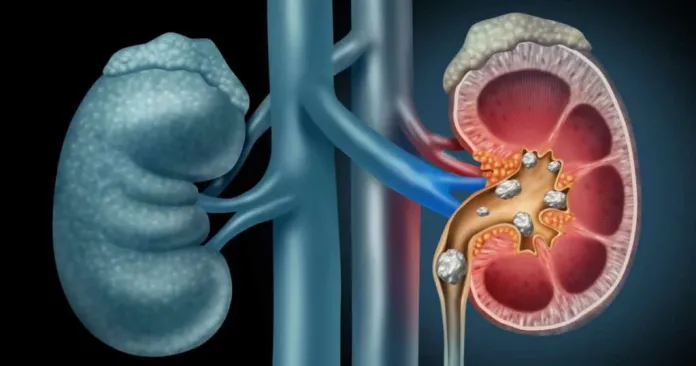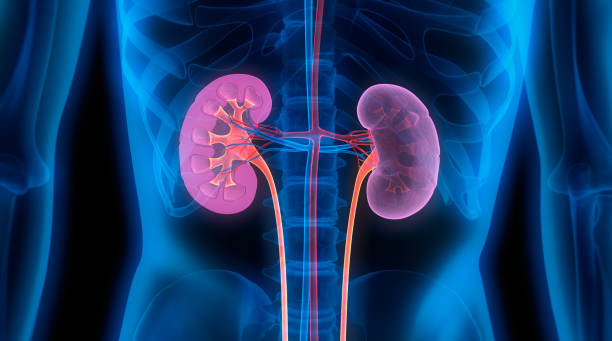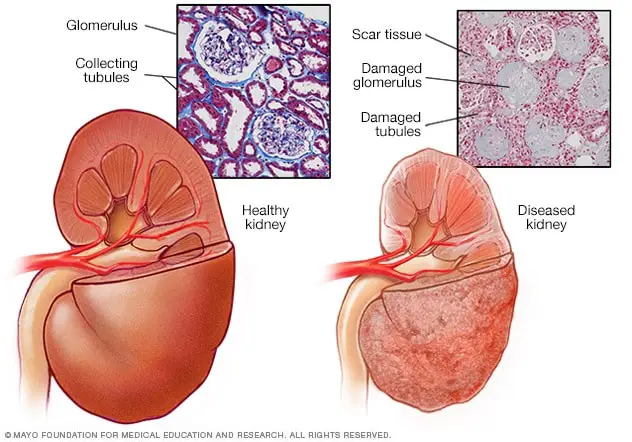
Kidney disease is a quiet yet serious condition that can greatly affect your overall well-being. Identifying the early warning signs of kidney trouble is essential, as timely intervention can help prevent serious complications. If you experience any of these symptoms, seek medical advice promptly to safeguard your kidneys and maintain good health.

Understanding the Function of the Kidneys
Your kidneys play a crucial role in maintaining overall health by filtering blood, eliminating waste, balancing electrolytes, and controlling blood pressure. These bean-shaped organs, positioned on either side of the spine just beneath the ribcage, also produce essential hormones that support red blood cell formation and bone strength. Each day, healthy kidneys process approximately 120–150 quarts of blood, efficiently removing toxins and producing about 1–2 quarts of urine.

What Is Kidney Disease?
Kidney disease happens when the kidneys can no longer perform their essential functions properly. This condition can be triggered by various factors, including high blood pressure, diabetes, infections, autoimmune diseases, and inherited conditions. If left untreated, kidney disease may worsen, eventually leading to kidney failure, which requires either dialysis or a transplant to sustain life. Being aware of early warning signs that your kidneys are at risk can help you take preventive measures before serious damage occurs.
10 Warning Signs Your Kidneys May Be in Danger
1. Changes in Urination
Altered urination patterns are one of the earliest indicators that your kidneys might be at risk. These changes include:
- Increased urination, especially at night
- Reduced urine output
- Foamy or bubbly urine, which may suggest protein leakage
2. Fatigue and Weakness
The kidneys produce erythropoietin, a hormone responsible for red blood cell production. When kidney function declines, it can cause anemia, leading to feelings of exhaustion, weakness, and difficulty focusing.
3. Swelling (Edema)
Poor kidney function can cause fluid buildup in the body, leading to swelling in areas like:
- Legs
- Hands
- Face
- Abdomen
4. Chronic Back Pain
Intense pain just below the ribcage or sensitivity in the lower back can be linked to untreated urinary tract infections or kidney stones.
5. Unexplained Weight Loss or Lack of Appetite
Kidney disease can cause weight loss and a reduced appetite due to waste accumulation in the bloodstream. You may feel full even if you haven’t eaten much.
6. Nausea and Vomiting
The buildup of toxins in the blood can cause nausea or vomiting, particularly after meals or in the morning.
7. Trouble Sleeping
People with kidney issues often struggle to sleep because of:
- Muscle cramps at night
- Restless leg syndrome
- Frequent urination interrupting sleep
8. Metallic Taste in the Mouth
A persistent metallic taste is a frequent sign of uremia, a condition caused by the buildup of waste products in the blood.
9. Muscle Cramps and Twitching
Imbalances in electrolytes, especially low calcium or high phosphorus levels, can cause painful muscle cramps and twitching.
10. Itchy Skin
Reduced kidney function can lead to the accumulation of toxins in the body, causing persistent, intense itching.
How to Lower Your Risk
To protect your kidneys and prevent the advancement of kidney disease:
- Drink plenty of water.
- Cut back on salt and processed foods in your meals.
- Keep chronic conditions, such as diabetes and high blood pressure, under control.
- Refrain from overusing pain relievers and NSAIDs.
- Schedule regular health check-ups, particularly if there is a history of kidney issues in your family

When to Consult a Doctor
If you notice any signs that your kidneys may be at risk, it’s important not to ignore them. Make an appointment with your doctor for a comprehensive assessment, which could involve blood tests, urine tests, and imaging to evaluate your kidney function. Addressing issues early can help preserve kidney health and prevent permanent damage.
Conclusion
Being able to identify the warning signs that your kidneys may be in danger could potentially save your life. By remaining alert and seeking medical advice as soon as any concerns arise, you can safeguard your kidney health and overall well-being. Don’t hesitate—pay attention to your body and take action immediately if something doesn’t feel right.

